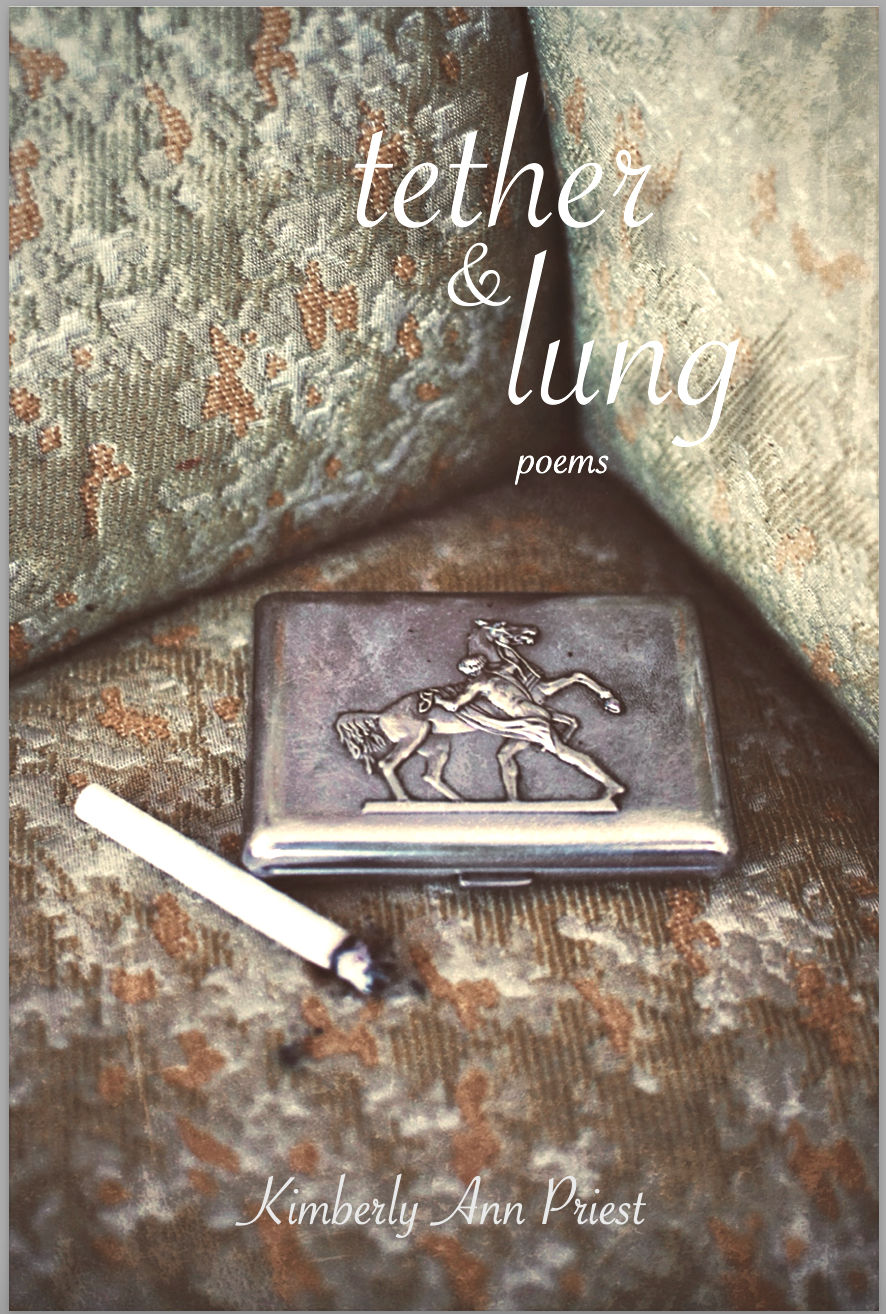Winner of the 2024 Backwaters Prize for Poetry
- Sep 1, 2024
- 3 min read
Updated: May 4, 2025
The last couple of years have been a literary whirlwind for me, not to mention the many life changes I have experienced including remarriage, becoming a grandmother, and moving to a new state. So much has changed, mostly for the better. And this is true for my writing as well. Over a decade of focused attention, I have written through past life experiences while engaging dialogues on trauma, feminism, religion, and ecology, and now, much to my delight, I am watching those poems and poetry books find good publishing homes.
tether & lung, a book chronicling the fifteen years I was married to a man who struggled with his sexual identity and came out as gay after divorce will be published by TEXAS REVIEW PRESS this coming spring, 2025. I’ve written eight books about my first marriage and I’m not sure there won’t be more. Those books contain violence, transgression, betrayal, and grief. Three of them have already been published but this, my fourth, tether & lung, stands out as my favorite among them because it best sets the scene and landscape of my home and heart those fifteen years. None of my other books capture the constant anticipation I felt during my marriage, as if our storyline were suddenly going to wax romantic and take a desirable turn. Images in tether & lung instantly transport me to our family farm and my first discoveries concerning my husband’s sexuality.
Rebecca Lindenberg’s Love an Index, in which she writes grief after losing her partner, influenced the poems in this book. The context is very different, but reading Love, an Index was like holding up a mirror to my own soul. There’s a breathiness and subtle agony in her book that felt familiar, and that I wanted in my book as well. I believe I have accomplished this. Women, like Lindenberg and myself, write these heart-rending narratives—these poems—all the time with unflinching emotional honesty. We tend not to turn away from the ugly parts of anything, even love. Despite divorce, sexual tension, and heartbreak, the poems I brought into tether & lung are sensual and tender because those feelings were part of the story too—facets among many facets.
But my most exciting literary news to date is that my book Wolves in Shells was chosen by Tomás Q. Morín as the winner of the 2024 Backwaters Prize in Poetry with UNIVERSITY OF NEBRASKA PRESS. I am honored and amazed. I am grateful. Writing is hard work. Writing to understand oneself while building an audience is very hard work. I'm probably better at the former than the latter.
Wolves in Shells embraces honest questions and vulnerability while telling the story of a woman navigating homelessness and memories as she attempts to leave a violent partner. Reflecting on her familial heritage, this survivor grapples with the way she, the women of her history, and her daughter have been conditioned to accommodate the demands of male ego and predation. The poems in this book are reflective, clear-eyed, and incisive, featuring O-Six, a wolf born into the rewilding territory of Yellowstone National Park in the 90s, as a metaphor for women who must cope with violence and survive on their own. Drawing from Gaston Bachelard’s quote “wolves in shells are crueler than stray ones” the narratives in this aptly-named text consider the way that survival is a balance of protectiveness, risk, trust, and escape.
For me, this book exists as my own ‘hero’s journey.' It is a monomyth in that the speaker of these poems is forced to survive against the odds as she searches for a place to establish a stable socio-economic situation. But this book also holds stories of other women aggressed and caught in physical and emotional migratory patterns that do not have a clear destination. Dedicated to my daughter, I could not be more pleased concerning the timeliness of this book's acceptance and publication. We are entering a new election year and women, all women, are on the ballot. Our survival and opportunity is at stake. In 2020 I didn't get to cast my vote. Below is a poem from Wolves in Shells, first published in About Place Journal, sharing that experience. I am looking forward to casting my vote in November. Dear reader, please join me in voting for our nation's better future.




















Comments